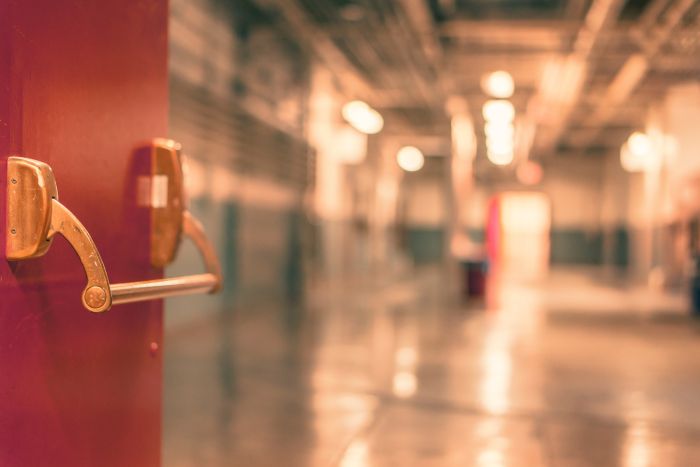indireinforma
Indire, Milan city council, USR Lombardy and Assodidattica pooled together to redesign school spaces

The collaboration between Milan city council, the school regional office (USR) of the Lombardy region, Indire and Assodidattica gets underway with the aim of redesigning school spaces in order to favour methodological innovation and didactic experimentation. The memorandum of understanding aims to study and implement the setting up of new school spaces with furnishing and environments compiling with the latest pedagogical needs, in order to promote educational research and didactical innovation, and supporting flexible organisation of school spaces.
«The environment where children spend most part of their day is almost as important as the curriculum. Studying in a beautiful, welcoming environment, conceived to be functional to its objective is an educational advantage and supports the happy development of our youth». The councillor for education, Laura Galimberti commented.
The setting up of the technical discussion provides also schools with the opportunity to reflect on the intentional use of school environments as integral part of the didactic activity. Milan city council and URS Lombardy will liaise with schools to disseminate and promote didactic innovation. On the other hand, Indire is going to provide scientific contribution, theoretical reflection and national and international best practices. Assodidattica will add its technical competences in order to guarantee the highest qualitative standards.
Since many years, Indire has been delving into the theme of innovative school architecture and analysing the relationship between educational spaces and learning schedules. The insitute’s analysis and research path is organised into three main lines of action: the international cooperation through the participation in the OECD’s Group of National Experts on Effective Learning Environments; support to national initiatives of educational policy through the analysis of national realities and international best practices; and consultancy to schools and school networks (for example Educational Avant-garde and Small Schools) that are wishing to undertake a pathway of innovation on the territory.

